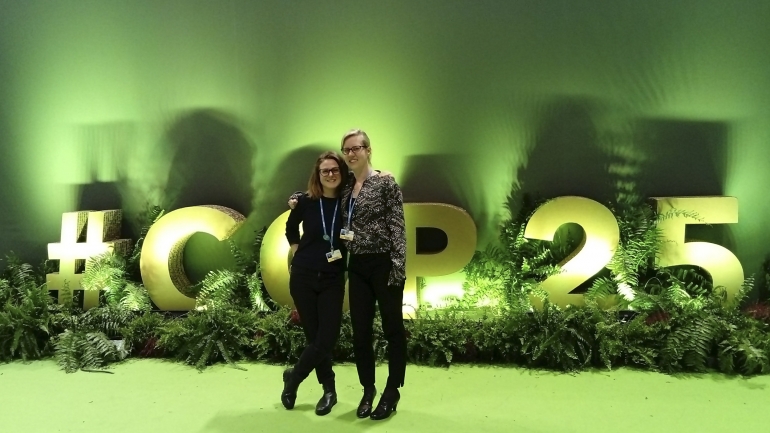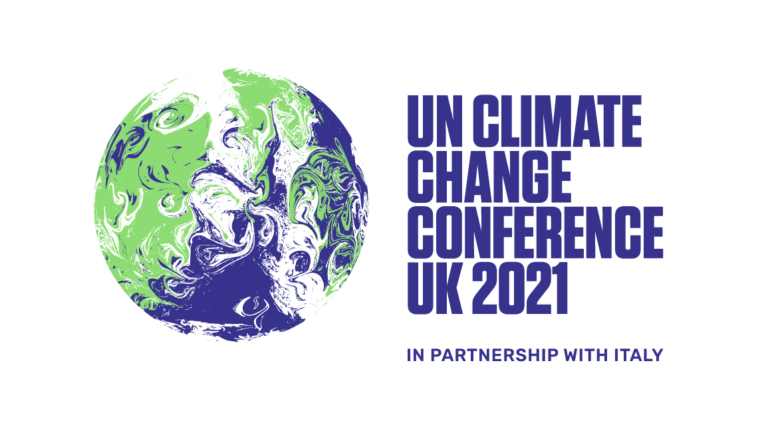What happened on the issue of loss and damage at the 26th Conference of the Parties (COP26) held in Glasgow in November 2021 and why does it matter? In many ways COP26 was the moment when loss and damage was transformed from being an issue of importance to certain states and communities – for example the small island states – to one that has become centre stage for much of the world. The developing countries grouping, known as the G77 plus China, were united in unprecedented ways on the issue of loss and damage in Glasgow. We also witnessed a host of different non-state and sub-state stakeholders taking up the mantle of loss and damage from those marching in the streets, to the First Minister of Scotland to the Trade Union constituency of the UNFCCC.
Given the growing frequency and intensity of the adverse impacts of climate change globally and the launch of the most recent assessment of the Intergovernmental Panel on Climate Change (IPCC), the Working Group I contribution to the 6th Assessment Report, this is an issue that is now on
the political agenda. This policy brief from our inter-disciplinary team of experts advances our understanding of the global governance of climate change loss and damage. Coming from different disciplinary perspectives, from anthropology and law to geography and political science, we explore the topic of climate change loss and damage governance focusing on issues of finance, science and expertise, policy, law and litigation.






